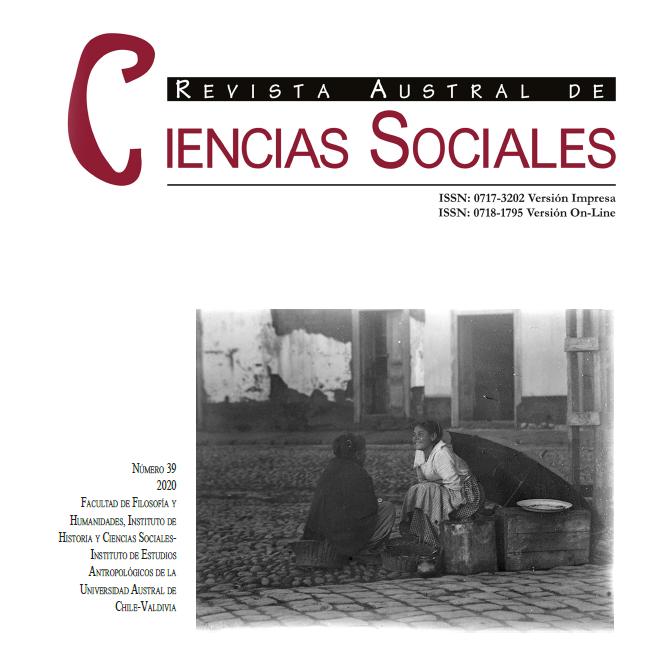Patagonian Strikes, Anarchism, and a Radical Sacrifice
Main Article Content
Abstract
In the present article, we analyze the death of Pablo Schulz -based on Osvaldo Bayer’s meticulous narration in his research on the Patagonian strikes of 1920-1921 and Héctor Olivera’s film rendition- in the light of the traditional conceptions of anarchism and cultural critic Terry Eagleton’s most recent theological-political elaborations. We argue that Schulz’s death is not only part of the anarchist way of facing the inevitable fate, but it must be understood rather as a “radical sacrifice”, that is, a sacrifice that denounces State violence, unmasks a political crime and makes an emancipatory gesture when the victim becomes the agent of their own martyrdom and thus reverses the power relations between the oppressors and the oppressed.


 http://orcid.org/0000-0003-0575-3784
http://orcid.org/0000-0003-0575-3784